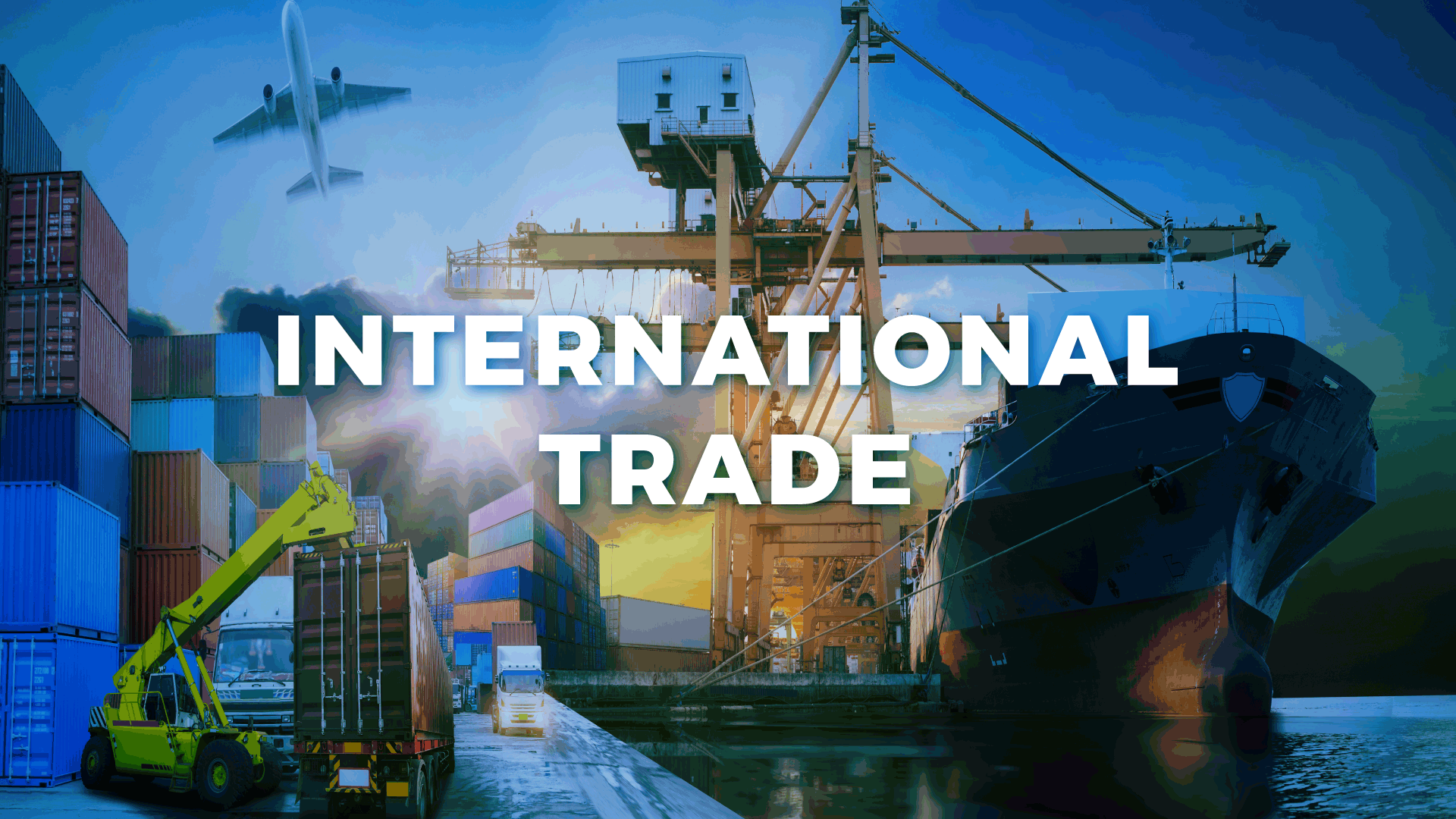
In today’s interconnected global economy, understanding tariffs and trade policies is crucial for businesses aiming to navigate international markets effectively. Tariffs, essentially taxes imposed by governments on imported goods, are designed to protect domestic industries, raise revenue, or influence trade relations. Meanwhile, trade policies encompass a broader spectrum of regulations, agreements, and negotiations that shape how countries conduct commerce with each other.
The Impact of Tariffs on Businesses
Tariffs act as financial barriers to trade, impacting the cost and competitiveness of imported goods. For businesses, they directly affect pricing strategies, supply chain decisions, and overall market positioning. Different types of tariffs, such as ad valorem (based on the value of goods) and specific (based on quantity), play a significant role in determining cost implications.
Strategies for Tariff Management
Effective tariff management involves several proactive measures:
- Diversification of Supply Chains: To reduce exposure to tariffs, businesses can diversify suppliers across different countries or regions.
- Utilization of Free Trade Agreements: Leveraging Free Trade Agreements (FTAs) can help businesses benefit from reduced or eliminated tariffs within participating countries.
- Government Relations and Advocacy: Engaging in dialogues with policymakers and industry associations can influence tariff decisions and advocate for favorable trade policies.
Compliance and Regulatory Considerations
Navigating tariffs also requires compliance with regulatory frameworks governing import and export procedures. Ensuring adherence to customs regulations, documentation requirements, and product standards is essential to avoid penalties or delays that could impact business operations.




